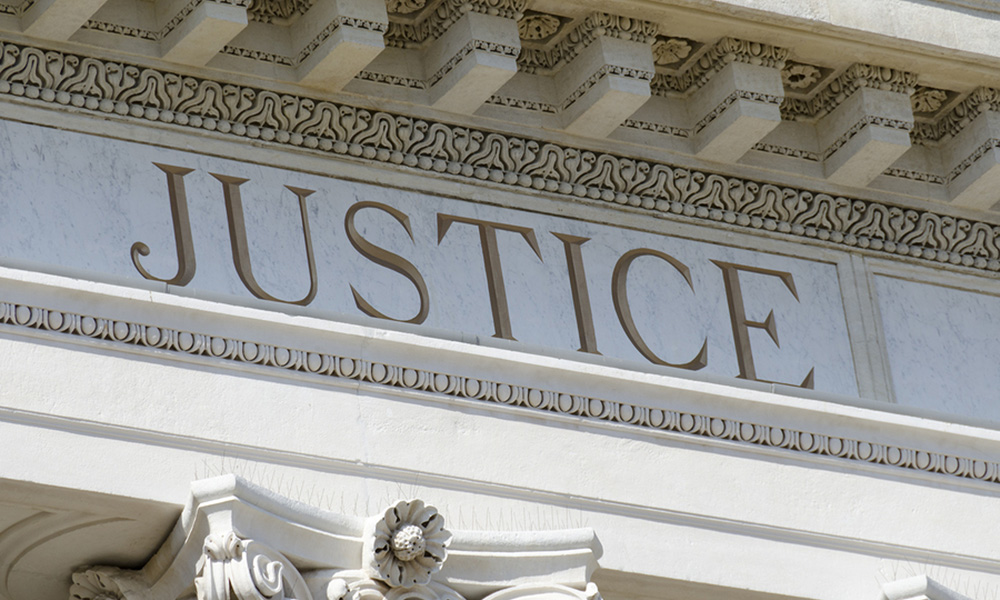Adhering to the speed limit reduces your risk of being involved in a traffic accident, and in the state of New York, it can also help you to avoid considerable legal trouble. If you are cited for speeding in Mineola, Nassau County, Suffolk County, or anywhere in New York City, fight the ticket and the charge with the counsel of an experienced Long Island traffic ticket attorney. In New York, you can actually do a few days in jail for a speeding conviction, and if you receive subsequent speeding citations, your driver’s license could be suspended.
Don’t just pay a speeding fine without fighting the charge. Paying the ticket without fighting the charge is an admission of guilt that puts points on your driver’s license and increases your insurance rates. A speeding conviction can even disqualify you for some types of employment.
The laws against speeding are enforced every day by every local police agency in the state. Obviously, not everyone who’s speeding is stopped and cited, but if you drive more than ten miles per hour over the speed limit, a ticket is a genuine probability. The penalties for a speeding conviction in New York are:
- up to 30 days in jail and a $360-to-$600 fine for driving more than 30 mph over the limit
- up to 30 days and a $180-to-$300 fine for driving 10 to 30 mph over the limit
- up to 15 days and a $90-to-$150 fine for driving up to 10 mph over the limit
- up to 15 days and a $45-to-$150 fine for “excessive and inappropriate” speed
But there’s more to speeding ticket penalties than just a fine. Drivers also earn points on their driving record with every traffic offense.
New York Points System
In New York, the driving game is a lot like golf – the guy with the highest score walks away a loser. In New York, “walks away” is right, because the guy with the highest score usually loses driving privileges. The New York Department of Motor Vehicles is the state agency responsible for keeping track of driving points. When a New York driver is cited for a point worthy offense, a copy of the ticket is forwarded to the New York DMV and annotated.
In order to help keep the streets safe from unsafe drivers, the state of New York, like many other states, uses a point system to track unsafe driving behavior. When a person is given a ticket or convicted of a more serious vehicle related offense, points are attached to that person’s driving record. The more points that are accumulated in a certain amount of time, the New York DMV can suspend (a temporary sanction) or revoke (a permanent sanction) a driver’s license. For example, attaining 11 points within 18 months will trigger a suspension or revocation. Whether or not the license is suspended or revoked will depend on the severity of the offenses.
Speeding one to 10 miles over the speed limit will get three points, 11 to 20 miles over is four points, 21 to 30 over is six points, 31 to 40 over is eight points, over 40 is 11 points.
With all that a person may stand to lose without the ability to drive, responding to allegations of repeated speeding violations is a delicate process. Maybe a driver just paid a ticket out of frustration, not wanting to fight the ticket in court, even though there was a valid reason or defense for the speeding. Now, the lack of effort to fight past violations has caught up with the driver, and the DMV has implemented a suspension or revocation. As one could imagine, this can throw a person’s entire life for a loop.
How to Avoid Speeding Tickets
It’s a scientific fact. More speeding tickets are handed out in the summer than in the winter. In fact, speeding tickets peak every July and hit their low every December. There’s even a Google graph to prove it, but if you think about it, it makes perfect sense. With the kids out of school, great weather, and infinite opportunities for recreation and fun, summer creates the perfect environment for enjoying those long drives and maybe pressing the pedal a bit too far. If you receive a speeding ticket on Long Island or anywhere in the New York City area, don’t just pay the fine. It goes on your driving record, becomes a “prior offense,” and it can boost your insurance costs. Instead, challenge a speeding ticket with help from an experienced Long Island criminal defense attorney.
Of course, the best strategy this summer is to avoid getting a speeding ticket altogether. Before you roll out on the road this season, consider some ways to avoid getting stopped:
- Watch out for cameras. You can get caught speeding by a camera without any police activity whatsoever. Camera systems can record your speed, snap a photo of your license plate, and have a speeding ticket mailed to you.
- Watch out for typical speed traps. Police tend to set up traps where speeders can’t see them until it’s too late: behind signs, around curves, and at the bottom of hills and off-ramps.
- Don’t attract attention. Avoid arousing suspicion by swerving wildly, flashing your lights, revving your engine, changing lanes too much, or even playing music too loud.
A number of electronic devices are also available ranging from radar detectors to police scanner apps. Some are legal in some jurisdictions, but if you’re going to invest in such a device, make sure you fully understand the law governing its use wherever you use it.
The only certain way to avoid a speeding ticket is simple – don’t speed. Speeding laws aren’t always strictly enforced, but anything over the limit gives police the right to stop and ticket you.
If you do receive a speeding ticket, now or in the future, get legal help right away from an experienced Long Island speeding ticket attorney.
Long Island and New York City drivers should never simply plead guilty and pay the fine. Always fight a speeding ticket. On Long Island and in New York City, if you are cited for speeding or for any traffic violation, obtain the legal help you need and speak at once to an experienced Long Island traffic ticket attorney.











Comments are closed.